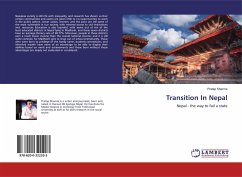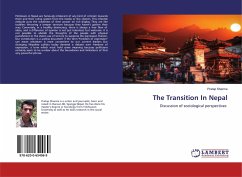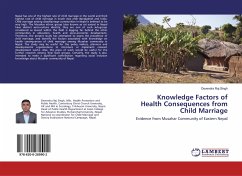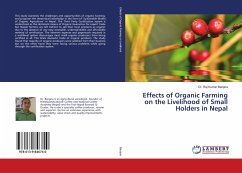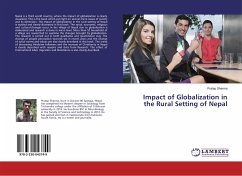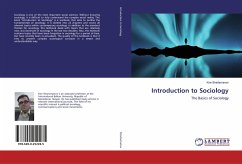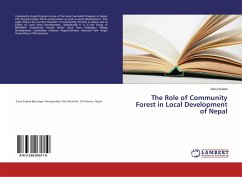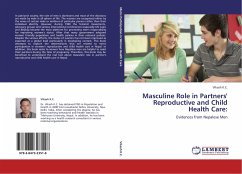Nepalese society is still rife with inequality, and research has shown us that certain communities and castes are given little to no opportunities to work in the public sphere. Lower castes, women, and the poor are still some of the most vulnerable in our society, with minimal access to civil institutions and resources. Education is also lopsided, with seven out of ten of the least educated districts in Nepal lying in Madhesh, and these seven districts have an average literacy rate of 48.77%. Moreover, people in these districts earn a much lower income than the overall national income, and it is still quite common for Madheshi girls to drop out of school prematurely. Those who were born to privilege of the family name, business connections, and inherited wealth have more of an advantage to be able to display their abilities based on merit and achievements and those born without those advantages are simply not evaluated or considered.
Bitte wählen Sie Ihr Anliegen aus.
Rechnungen
Retourenschein anfordern
Bestellstatus
Storno

